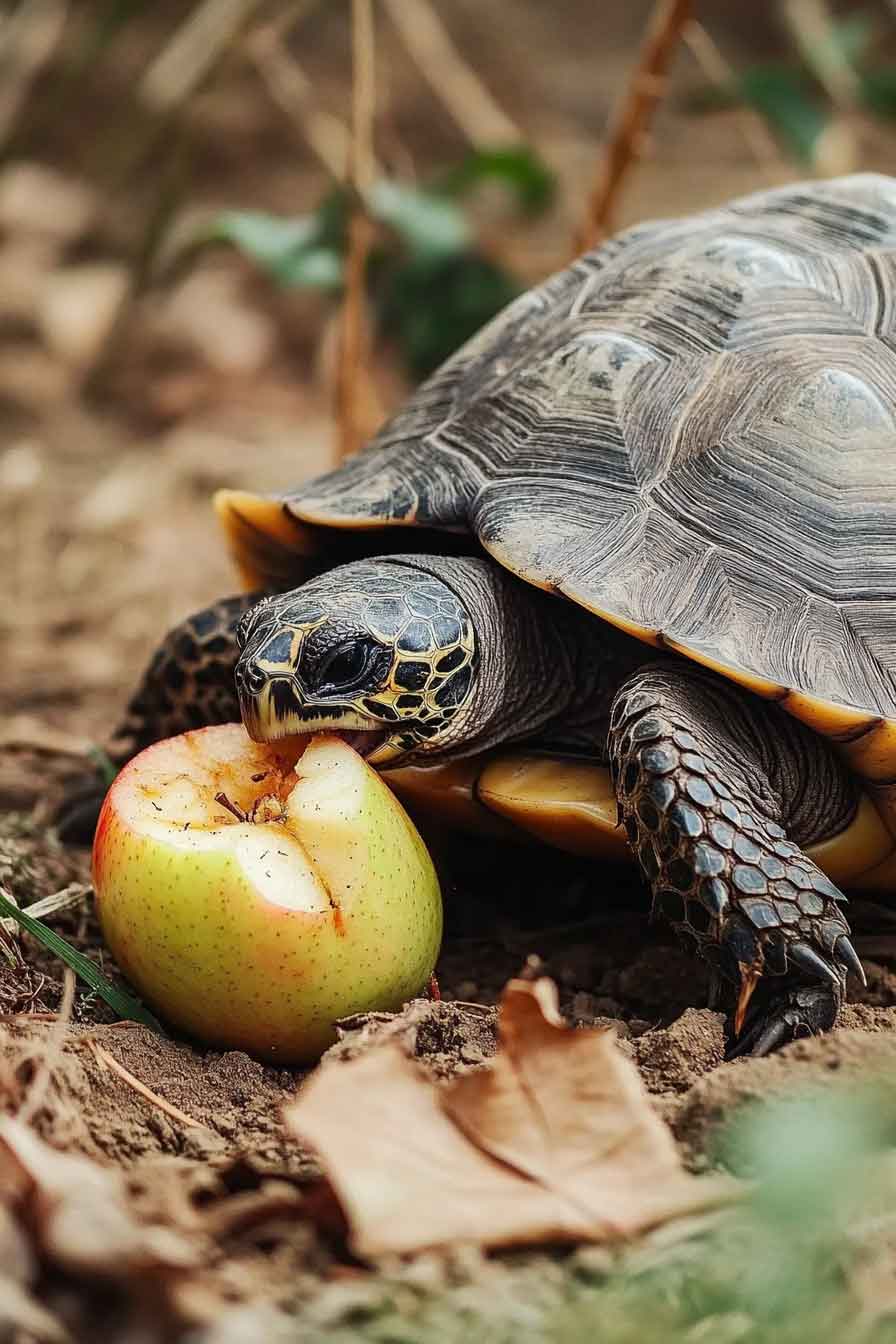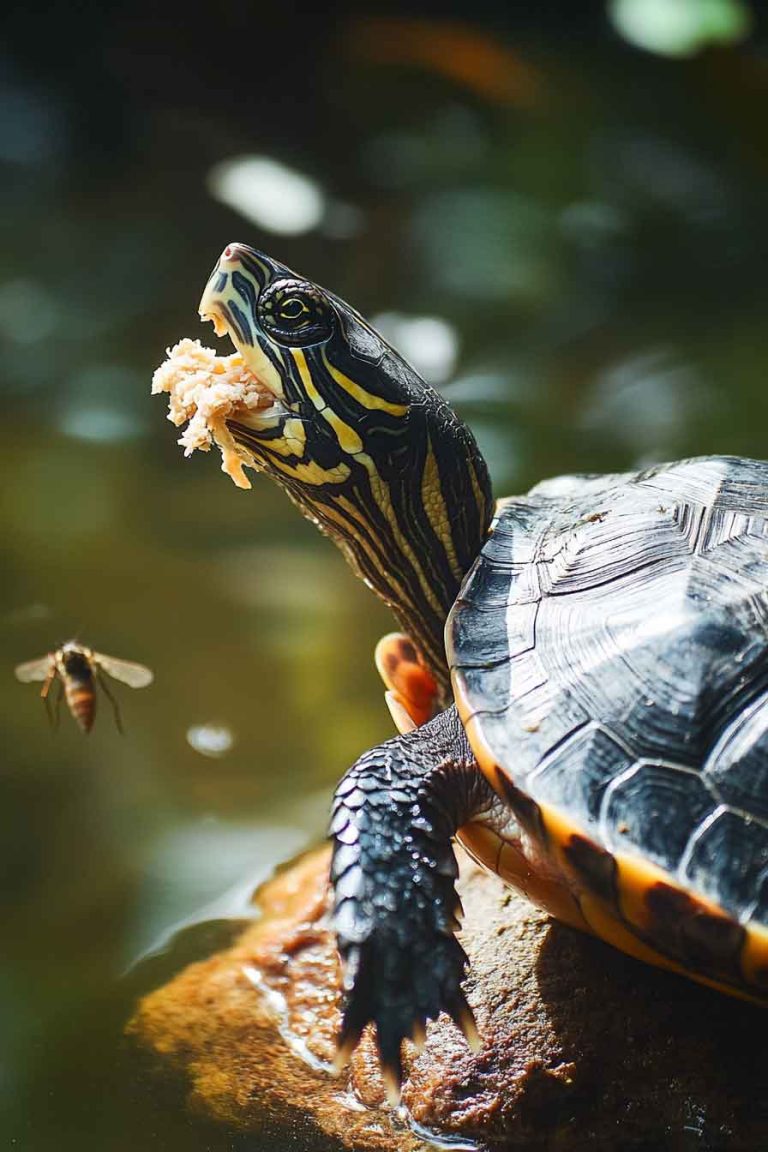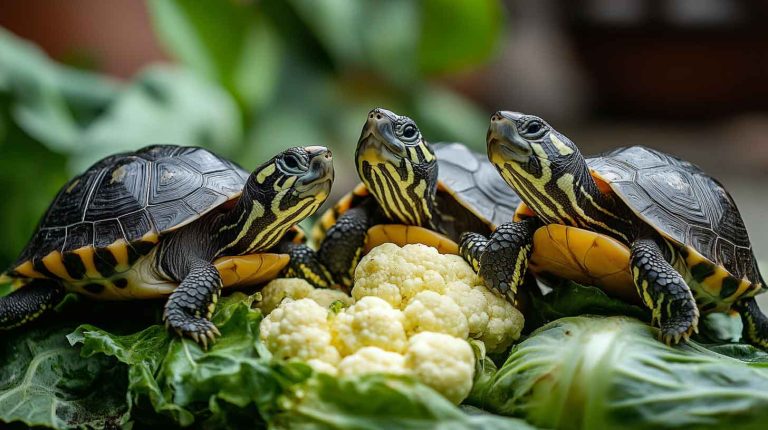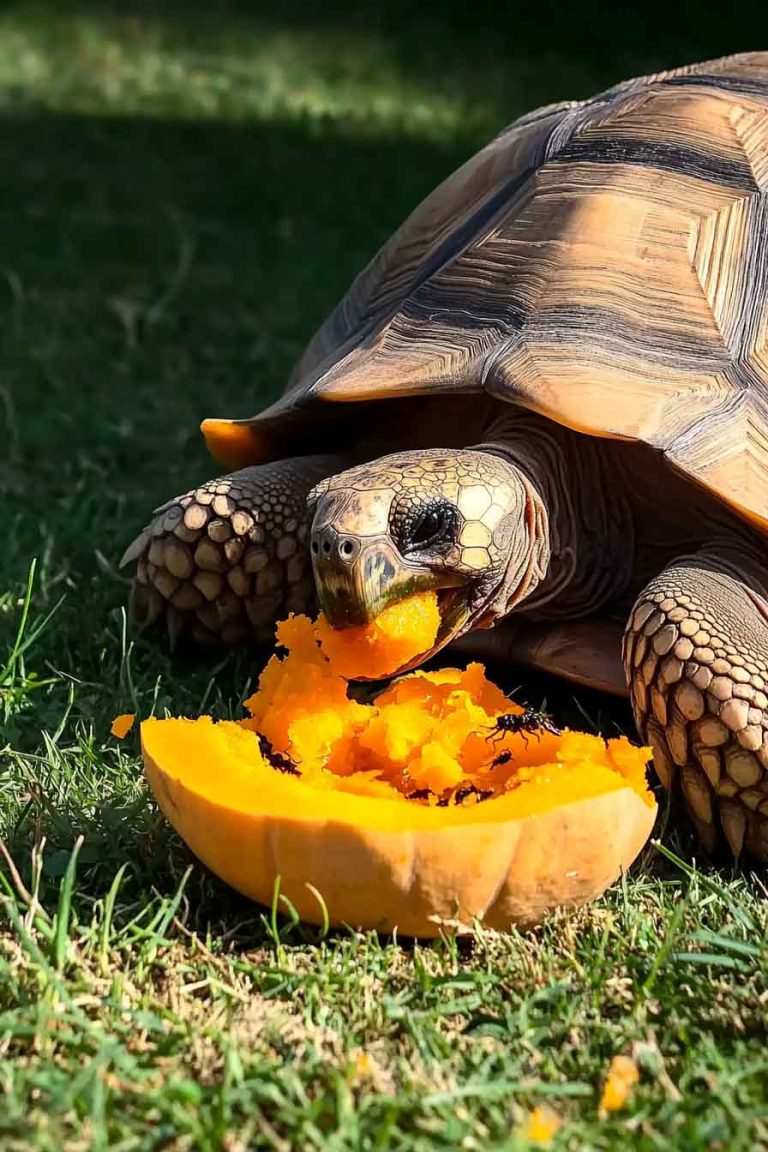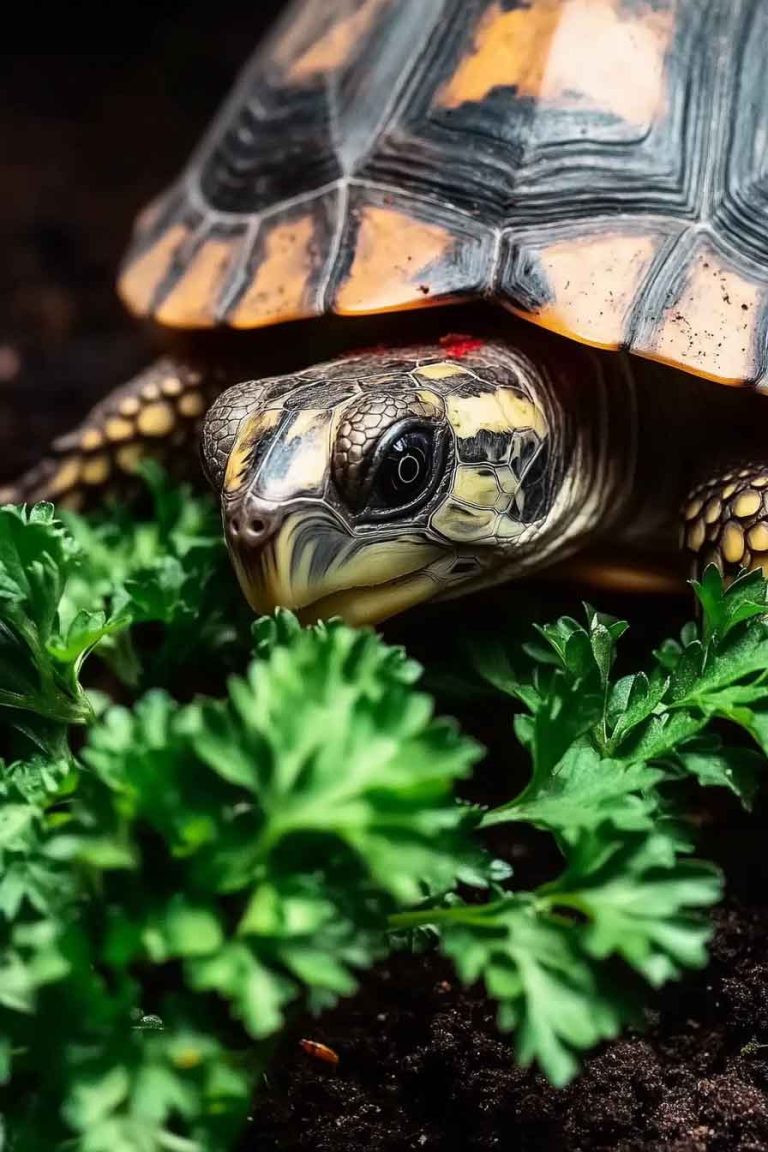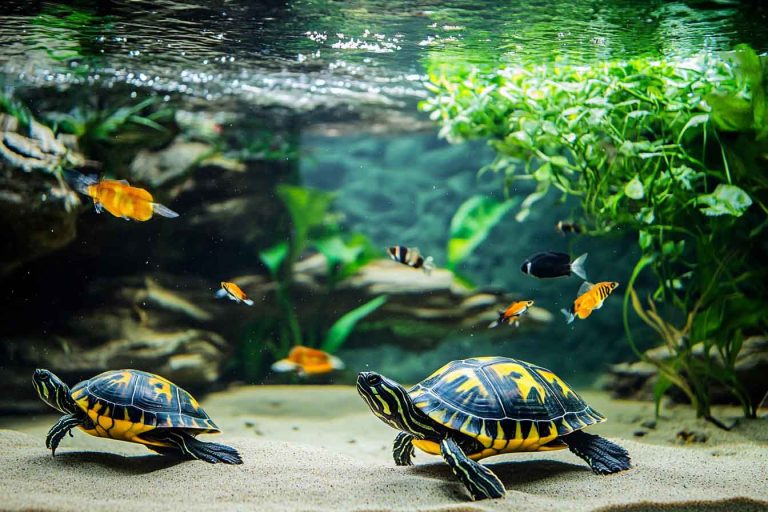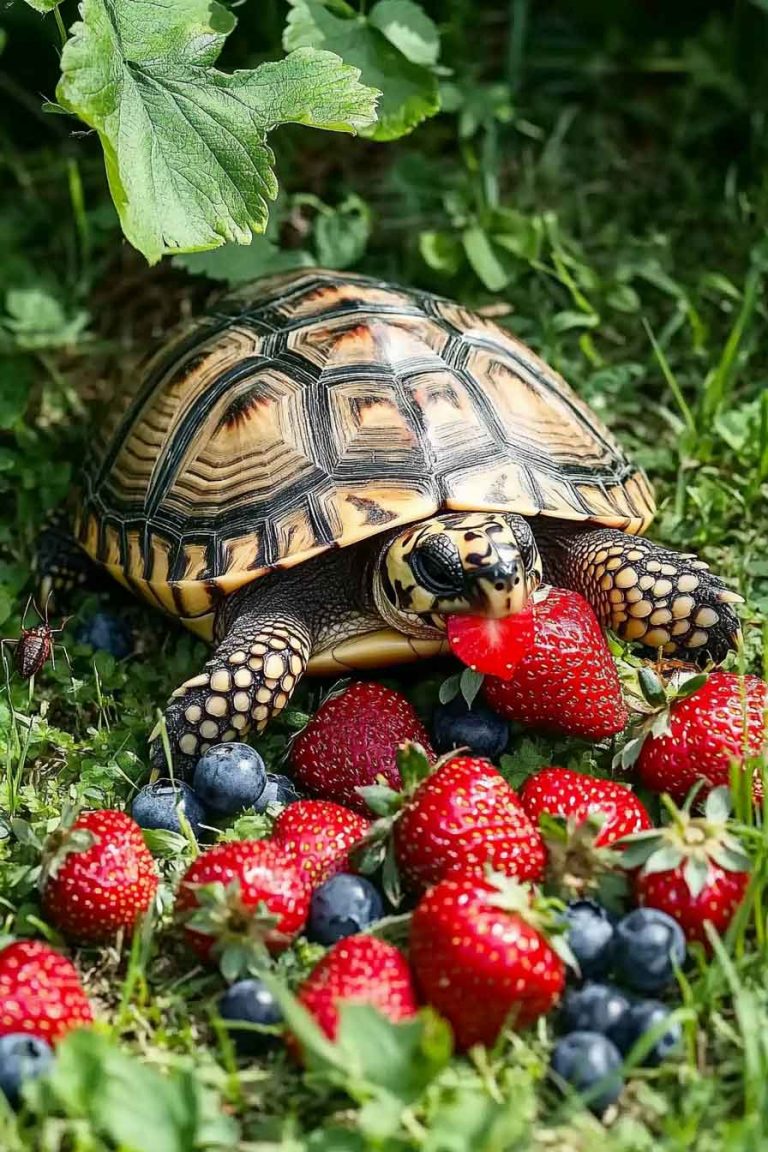Can Turtles Eat Apples? Safe or Risky Treat?
If you’re like me and have a pet turtle, you’ve probably found yourself wondering whether you can share some of your favorite foods with your shelled companion. I know I have! One question that comes up frequently among turtle owners is whether apples are safe for our pets. After all, apples are healthy for us…
If you’re like me and have a pet turtle, you’ve probably found yourself wondering whether you can share some of your favorite foods with your shelled companion. I know I have! One question that comes up frequently among turtle owners is whether apples are safe for our pets. After all, apples are healthy for us humans, so they should be good for turtles too, right?
So, can turtles eat apples? The answer is yes – turtles can eat apples, but with some important considerations. Apples can be a nutritious treat for turtles when prepared properly and given in moderation. However, there are specific parts of the apple you need to be careful about, and certain preparation steps you must follow to ensure your turtle’s safety.
In this article, I’m going to walk you through everything you need to know about feeding apples to your turtle. We’ll cover the nutritional benefits, potential risks, and the proper way to prepare apples for your pet. Keep reading if you want to learn how to safely share this delicious fruit with your turtle friend.
Can You Feed Apples To Your Pet Turtle?
The short answer is – yes, but with proper preparation. Since apples are fruits, many people assume they’re automatically safe for turtles. While this is mostly true, there are some important guidelines I want you to follow when offering apples to your turtle.
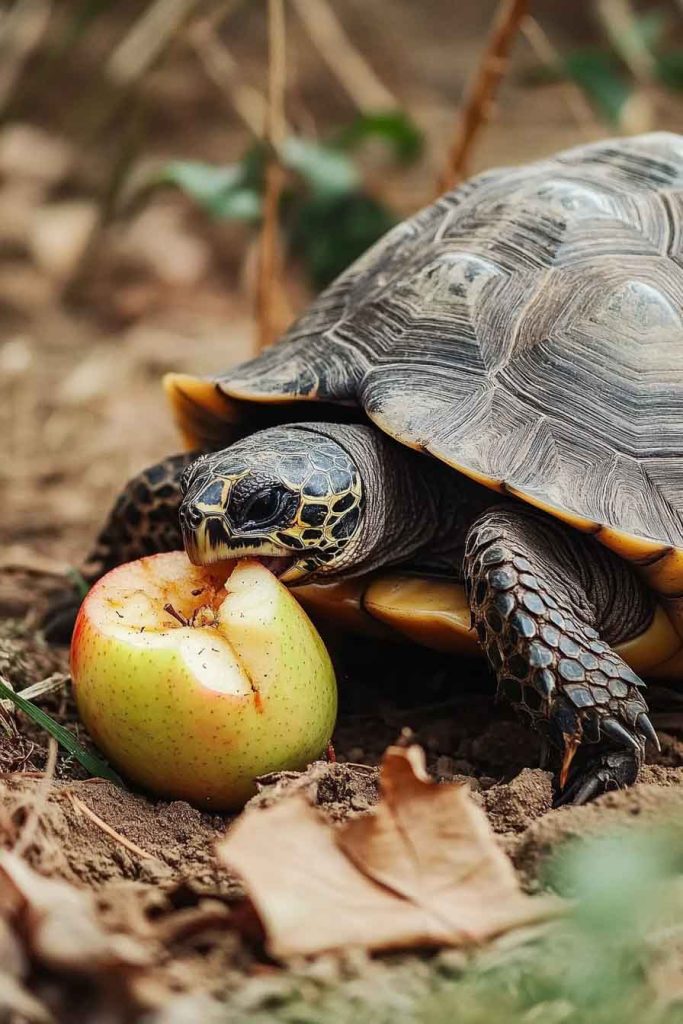
Turtles can benefit from the vitamins and nutrients found in apples, but you need to prepare them correctly. Let me break down the nutritional content of 100 grams of apple flesh to help you understand why apples can be beneficial for your turtle:
- Carbohydrates: 13.8 g
- Sugar: 10.4 g
- Dietary Fiber: 2.4 g
- Protein: 0.3 g
- Calcium: 6 mg
- Phosphorus: 11 mg
- Vitamin C: 4.6 mg
- Vitamin A: 3 mcg
- Potassium: 107 mg
- Magnesium: 5 mg
- Iron: 0.12 mg
Looking at this nutritional profile, I can see why apples make a decent occasional treat for turtles. They’re relatively low in protein and provide some beneficial vitamins and minerals. However, the sugar content is something we need to be mindful of, as turtles shouldn’t consume too much sugar.
The calcium to phosphorus ratio isn’t ideal (approximately 1:2), but since apples should only be given as an occasional treat rather than a staple food, this shouldn’t cause significant problems when fed in moderation.
Can Turtles Eat Apple Skin?
This is one of the most common questions I get from fellow turtle owners. Can turtles eat apple skin? The answer is yes, turtles can eat apple skin, and it’s actually beneficial for them to do so.
Apple skin contains many of the fruit’s nutrients, including fiber, vitamins, and antioxidants. When I give my turtle apples, I always leave the skin on because it provides additional nutritional value and helps with digestion.
However, I want to emphasize the importance of washing the apple thoroughly before serving it to your turtle. Apple skins can contain pesticide residues and other chemicals from farming practices. I always scrub the apple under running water and, when possible, choose organic apples to minimize chemical exposure.
The skin also provides a nice texture variation that many turtles enjoy. I’ve noticed that my turtle seems to appreciate the different textures and takes time to properly chew the skin, which is good for their jaw muscles.
Can Turtles Eat Apple Seeds?
Now, this is where I need to be very clear with you – can turtles eat apple seeds? Absolutely not. You should never give your turtle apple seeds under any circumstances.
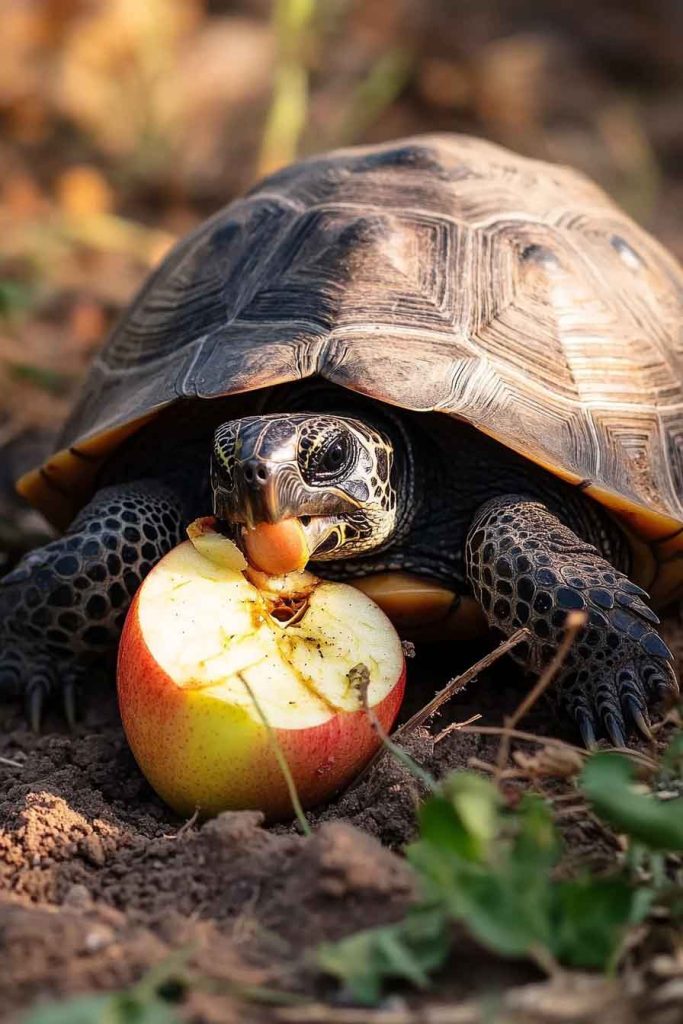
Apple seeds contain a compound called amygdalin, which releases cyanide when digested. While a few seeds might not immediately harm a large turtle, I never take that risk. Cyanide is toxic to all animals, including turtles, and can cause serious health problems or even death.
Whenever I prepare apples for my turtle, I always remove the entire core, including all seeds. I cut the apple into manageable pieces, making sure no seeds remain. This extra step is crucial for your turtle’s safety.
Even if your turtle accidentally consumes a seed or two, don’t panic immediately, but do monitor them closely for any signs of distress and consider contacting your veterinarian for advice.
Can Box Turtles Eat Apples?
Many of you have asked me specifically about box turtles, so let me address this directly. Can box turtles eat apples? Yes, box turtles can eat apples, and they often enjoy them as a treat.
Box turtles are omnivores with a varied diet that includes fruits, vegetables, insects, and small animals. In the wild, they naturally consume fallen fruits, so apples can be a natural addition to their diet.
However, I want to remind you that box turtles, like all turtles, should only receive apples as an occasional treat. Their diet should primarily consist of appropriate turtle pellets, leafy greens, and other vegetables, with fruits making up only about 10% of their total food intake.
When I give apples to box turtles, I follow the same preparation rules: wash thoroughly, remove all seeds and core, and cut into appropriate-sized pieces. Box turtles have strong jaws and can handle slightly larger pieces than aquatic turtles.
Do Turtles Like Apples?
In my experience, most turtles do enjoy apples. The sweet taste and juicy texture seem to appeal to them, and I’ve noticed that many turtles get excited when they see apple pieces being prepared.
However, every turtle has individual preferences. Some of my friends’ turtles go crazy for apples, while others prefer vegetables or other fruits. Don’t be discouraged if your turtle doesn’t immediately take to apples – you can try offering small pieces alongside their regular food to see if they develop a taste for them.
I’ve found that younger turtles are often more adventurous with new foods, while older turtles might be set in their ways. Patience is key when introducing any new food to your turtle’s diet.
Health Benefits of Apples for Turtles
When prepared and served correctly, apples can offer several health benefits for your turtle:
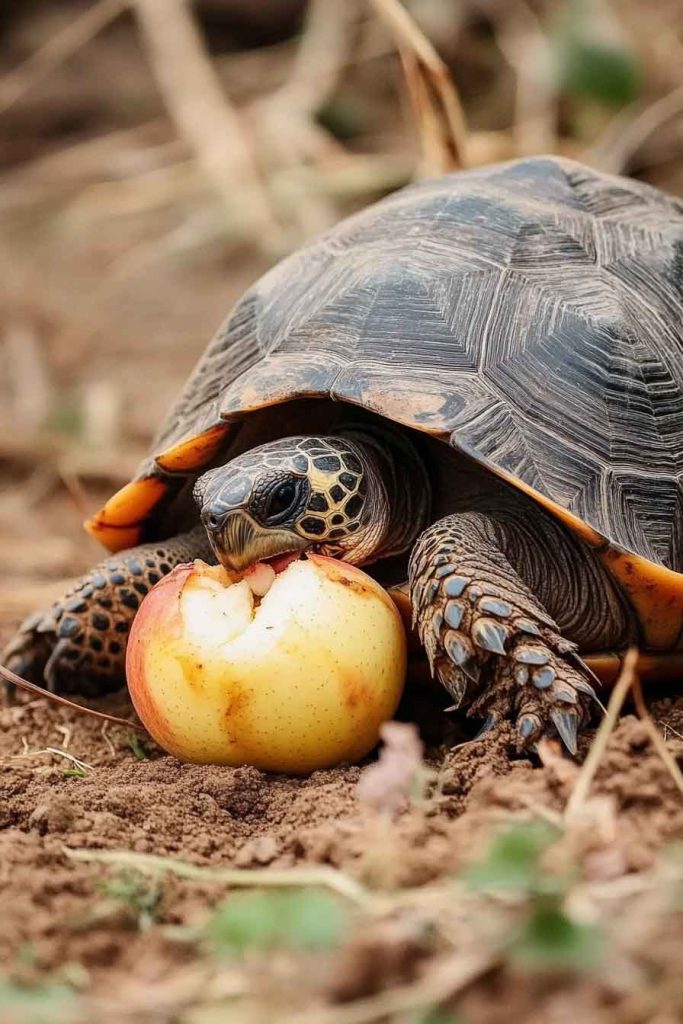
Vitamin C Support: Apples contain vitamin C, which helps support your turtle’s immune system. While turtles can produce some vitamin C on their own, additional sources can be beneficial.
Hydration: Apples have high water content, which can help keep your turtle hydrated, especially during warmer months.
Fiber for Digestion: The fiber in apples, particularly in the skin, can help promote healthy digestion in your turtle.
Mental Stimulation: Offering different textures and flavors like apples can provide mental stimulation and prevent boredom in captive turtles.
Antioxidants: Apples contain various antioxidants that can help support your turtle’s overall health.
Potential Health Risks of Feeding Apples to Turtles
While apples can be beneficial, there are some risks I want you to be aware of:
Sugar Content: Apples contain natural sugars that can cause digestive upset if given in large quantities. Too much sugar can also lead to unhealthy weight gain in turtles.
Calcium-Phosphorus Imbalance: Regular consumption of apples could contribute to calcium deficiency due to the higher phosphorus content. This is why I stress that apples should only be an occasional treat.
Pesticide Exposure: If not properly washed or if non-organic apples are used, your turtle could be exposed to harmful pesticides and chemicals.
Choking Hazard: Large pieces of apple could potentially cause choking, especially in smaller turtles. Always cut apples into appropriate-sized pieces.
How Much Apple Should Turtles Eat?
The key question many turtle owners ask me is about quantity. How much apple should turtles eat? I recommend treating apples as you would any treat – sparingly and in small amounts.
For an adult turtle, I suggest offering apple pieces no more than once or twice per week, and only a few small pieces at a time. Think of it as about 5-10% of their total weekly food intake.
For smaller turtles or juveniles, even less is appropriate. I usually give my smaller turtles just one or two tiny pieces as an occasional treat.
Remember, the bulk of your turtle’s diet should consist of species-appropriate pellets, leafy greens, and vegetables. Fruits like apples are treats, not dietary staples.
Can You Feed Apples to Baby Turtles?
When it comes to baby turtles, I’m more cautious about introducing new foods. Can you feed apples to baby turtles? While it’s not strictly forbidden, I generally recommend waiting until your turtle is more mature before introducing fruits like apples.
Baby turtles have developing digestive systems and specific nutritional needs for proper growth. Their diet should focus primarily on high-quality turtle pellets designed for juveniles, with small amounts of appropriate vegetables.
If you do decide to offer apple to a baby turtle, make it an extremely rare treat and cut it into very tiny pieces. Always monitor your baby turtle closely after introducing any new food.
How to Properly Prepare Apples for Your Turtle
Let me walk you through my step-by-step process for preparing apples safely for turtles:
Step 1: Choose fresh, firm apples. Organic is preferable to reduce chemical exposure.
Step 2: Wash the apple thoroughly under running water, scrubbing the skin to remove any residue.
Step 3: Remove the entire core, including all seeds and the hard center portions.
Step 4: Cut the apple into appropriate-sized pieces for your turtle. For larger turtles, pieces about the size of their head are good. For smaller turtles, cut much smaller pieces.
Step 5: Offer the apple pieces alongside your turtle’s regular food, or as a separate treat.
Step 6: Remove any uneaten apple pieces after a few hours to prevent spoilage.
Alternative Fruits for Turtles
While we’re talking about apples, I want to mention some other fruits that can be safe treats for turtles:
- Strawberries (remove tops)
- Blueberries
- Blackberries
- Cantaloupe
- Watermelon (seedless)
- Grapes (cut in half for smaller turtles)
- Mango (small amounts)
Remember, all fruits should be given sparingly and prepared properly, just like apples.
Signs to Watch For After Feeding Apples
After giving your turtle apple for the first time, I recommend watching for these signs:
Normal Behavior: Your turtle should continue eating normally, swimming (if aquatic), and behaving as usual.
Digestive Issues: Watch for diarrhea, constipation, or changes in appetite, which could indicate the apple didn’t agree with your turtle.
Allergic Reactions: While rare, some turtles might show signs of food sensitivity, such as swelling, lethargy, or unusual behavior.
If you notice any concerning symptoms, discontinue feeding apples and consult with a veterinarian experienced with reptiles.
Frequently Asked Questions (FAQs)
Can Red-Eared Slider Turtles Eat Apples? Yes, red-eared slider turtles can eat apples when prepared properly. Follow the same guidelines: remove seeds, wash thoroughly, and offer in moderation. Red-eared sliders are omnivores and can enjoy fruit treats occasionally.
Can Painted Turtles Eat Apples? Painted turtles can also eat apples as an occasional treat. Like other turtle species, they should receive apples in small amounts and with proper preparation. Their diet should still focus primarily on aquatic plants, insects, and turtle pellets.
Can Russian Tortoises Eat Apples? Russian tortoises can eat small amounts of apple occasionally, but their diet should focus more on grasses, weeds, and vegetables. Fruits should be even more limited for tortoises than for aquatic turtles.
Conclusion
Apples can be a wonderful, healthy treat for your turtle when prepared and served correctly. The key points I want you to remember are: always remove the seeds and core, wash the apple thoroughly, cut into appropriate sizes, and offer only as an occasional treat.
Can turtles eat apple skin? Yes, and it’s actually beneficial. Can turtles eat apple seeds? Absolutely not – always remove them. Can box turtles eat apples? Yes, following the same safety guidelines.
I hope this comprehensive guide has helped answer your questions about feeding apples to turtles. Remember, when in doubt, consult with a veterinarian who has experience with reptiles. Your turtle’s health and safety should always come first, and a varied, species-appropriate diet is the foundation of good turtle care.
By following these guidelines, you can safely share the joy of a delicious apple treat with your shelled friend while keeping them healthy and happy.

